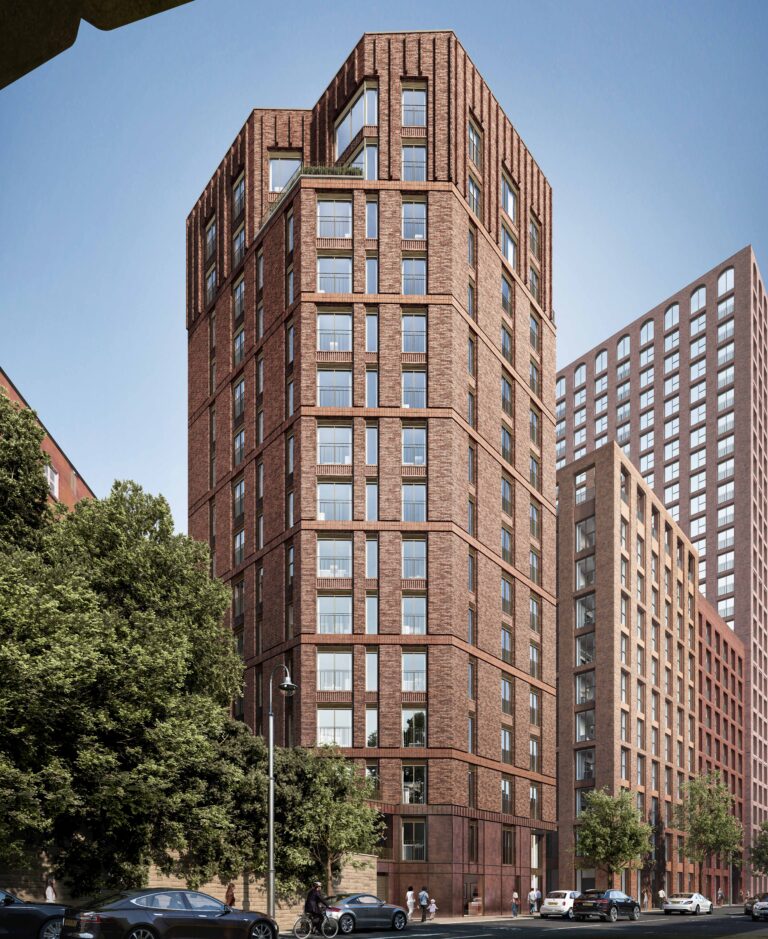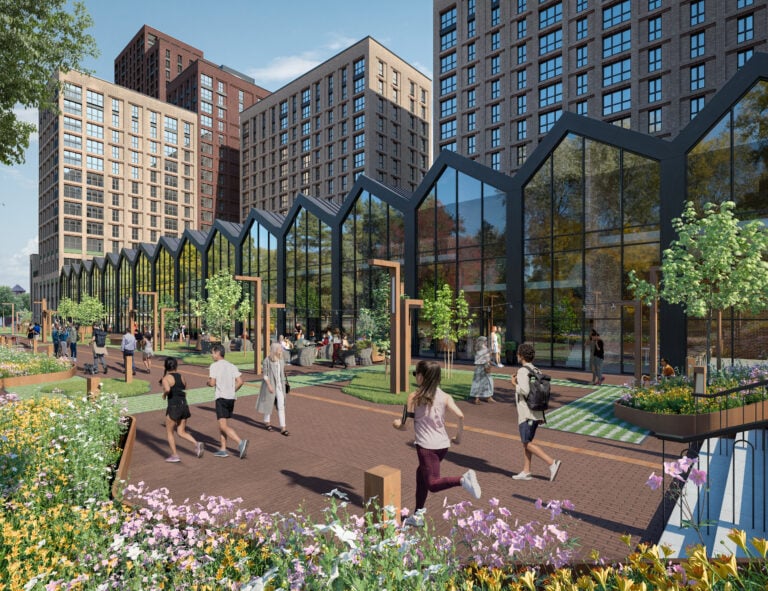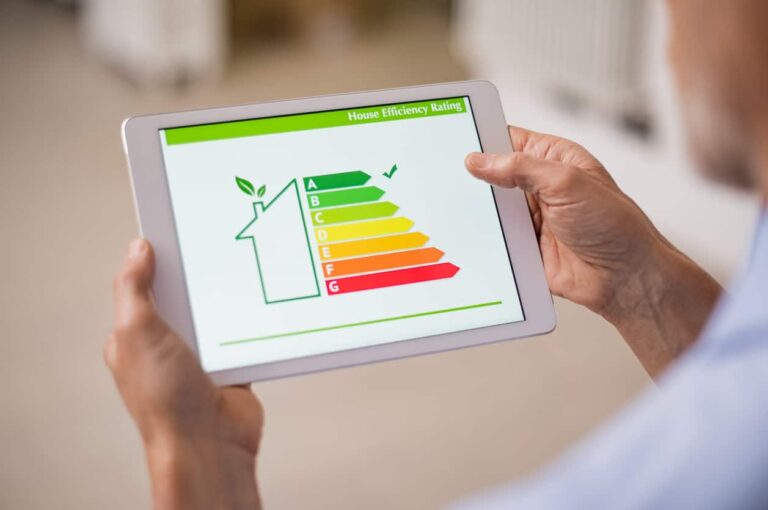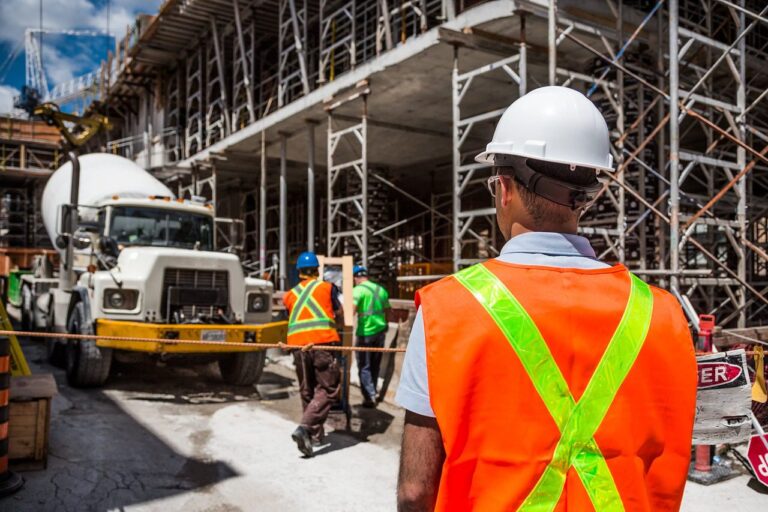Affordability in the mortgage market may not have improved as much as hoped, but there is optimism on the horizon for interest rates.
The Bank of England was meant to bring interest rates down alongside falling inflation, but a number of factors have once again led to the Monetary Policy Commission (MPC) voting to hold it at 5.25%.
This decision has come up against some heavy criticism from many who believe that the Bank should have begun to lower rates this month, which would have provided a welcome boost for small business as well as mortgage holders who may be struggling with affordability with rates as they are.
However, numerous analysts believe that a summer rate cut is still on the table, with predictions that August will be the month the MPC votes to start bringing interest rates down. This will, of course, depend on ongoing good news on the inflation front, among other factors.
The impact on mortgages
Interest rates set by the Bank of England can have an impact on the rates lenders offer borrowers via mortgages. However, even as interest rates have remained at 5.25%, there have been fluctuations in the mortgage market.
According to Moneyfactscompare data, the average two-year fixed rate has fallen from 6.04% to 5.93% since the start of December 2023. Meanwhile, the average five-year fixed rate has come down from 5.65% to 5.50% in the same period.
This does, though, represent a slight uptick over the past month in both product terms, while 10-year fixed rates have increased since December 2023 from 5.96% to 6.03%. This, says Rachel Springall of Moneyfacts, is down to volatile swap rates, which create a separate impact to the Bank of England base rate.
Springall says: “The rising cost of mortgages may cause deep concern for borrowers about to come off a fixed rate deal and needing to refinance.
“Affordability is a pressing point for both homeowners looking to refinance and new buyers, so those struggling to see how they can afford mortgage repayments will no doubt be desperate for interest rates to come down.
“Homeowners unsure on whether to lock into a new fixed rate mortgage may still find it more affordable than falling onto a Standard Variable Rate (SVR), which stands above 8%. This rate has almost doubled since the Bank of England started increasing base rate back in December 2021.
“A typical mortgage being charged the current average SVR of 8.18% would be paying £287 more per month, compared to a typical two-year fixed rate (5.93%).”
Interest rates should fall in August
Still, when the Bank of England does finally reduce interest rates, this is expected to result in a boost for the market that should see lenders bring their mortgage rates down once more. And most experts seem to think that August is the month we can look forward to this happening.
While some have speculated that the Bank is in fact waiting until the general election has passed, Daniel Mahoney, UK economist at Handelsbanken, does not think this is the driving force behind today’s decision.
He said: “The MPC have been very clear that their decisions at this and other meetings are data dependent. Given there were clearly a number of rate-setters close to joining the two members backing rate cuts, it would seem that the minutes of June’s MPC meeting are indicating that a rate cut in August remains very much on the cards.
“Indeed, we remain of the view that August will mark the start of the rate cutting cycle, although this prediction is contingent on the next set of labour market and inflation data prints not throwing up any surprises.”
Wait until after the election
At the same time, John Fraser-Tucker, Head of Mortgages at online mortgage broker Mojo Mortgages, believes that the Bank is in fact waiting until the general election has taken place before reducing interest rates. He also believes that the winning party’s housing policy will have a big impact.
“Despite May’s inflation hitting the target level of 2% yesterday, the Bank of England (BoE) has decided to hold the base rate at 5.25% ahead of the General Election on July 4th. Naturally, the BoE tends to stay neutral during a General Election, so making a rate change weeks before voters head to the polls could be seen as influencing voters.
“Moreover, the housing policies of the elected government are likely to impact the outlook for the base rate going forward. Labour’s manifesto seems to focus more so on first-time buyers as they’ve stated that they’ll make the existing mortgage guarantee scheme permanent under the name “Freedom to Buy”.
“They have also claimed that they’ll help over 80,000 young people get onto the housing ladder over the next 5 years. Comparatively, the Conservatives have focused on policies that they believe will bring down mortgage costs.
“Given the contrasting focuses, it makes sense for the BoE to wait and see which government is elected before lowering the base rate, otherwise it could add more uncertainty to the mortgage market right now.”










